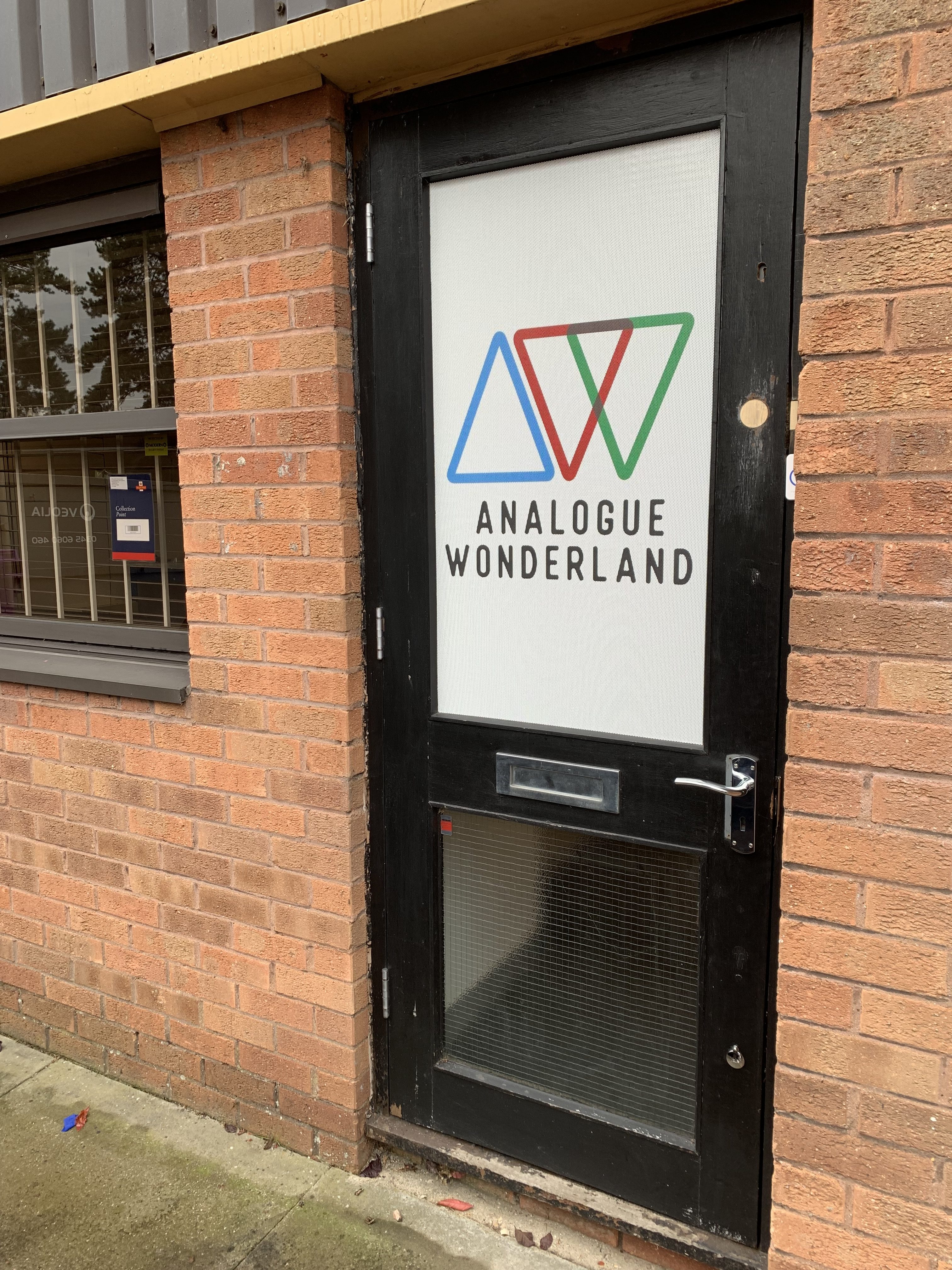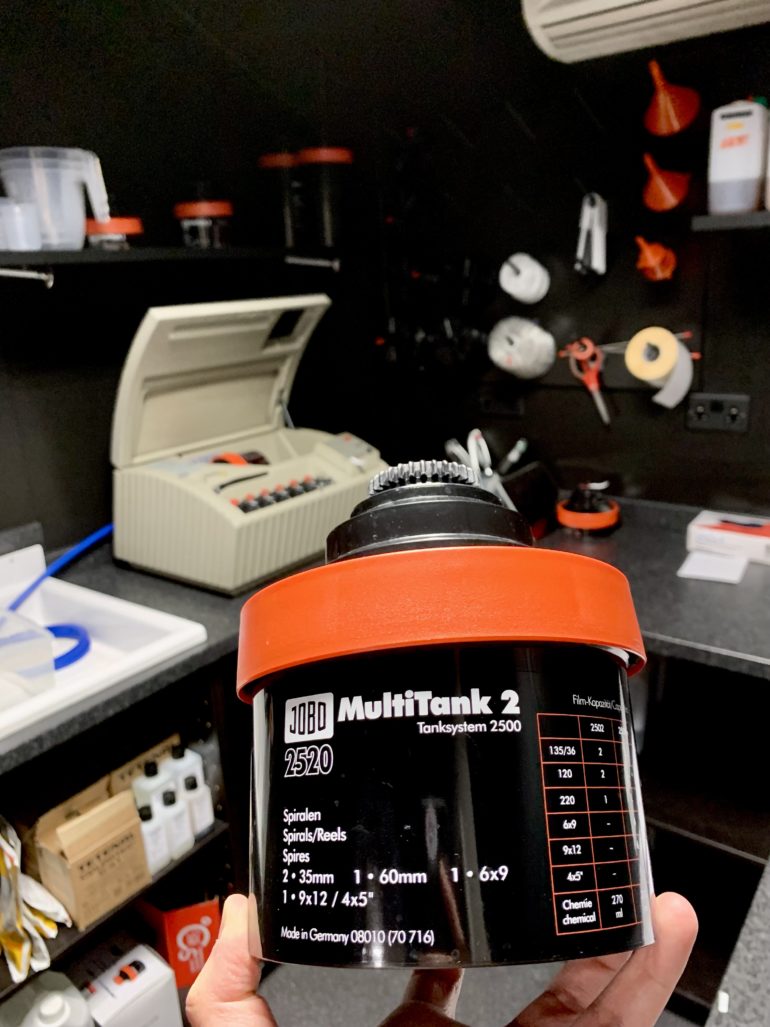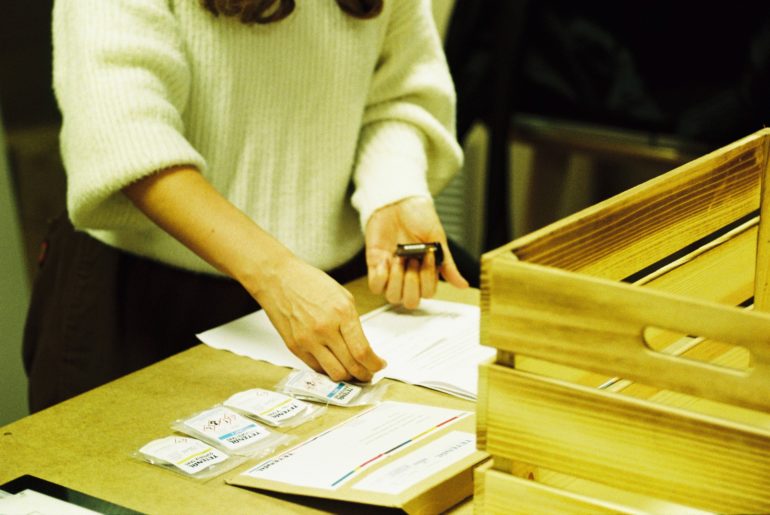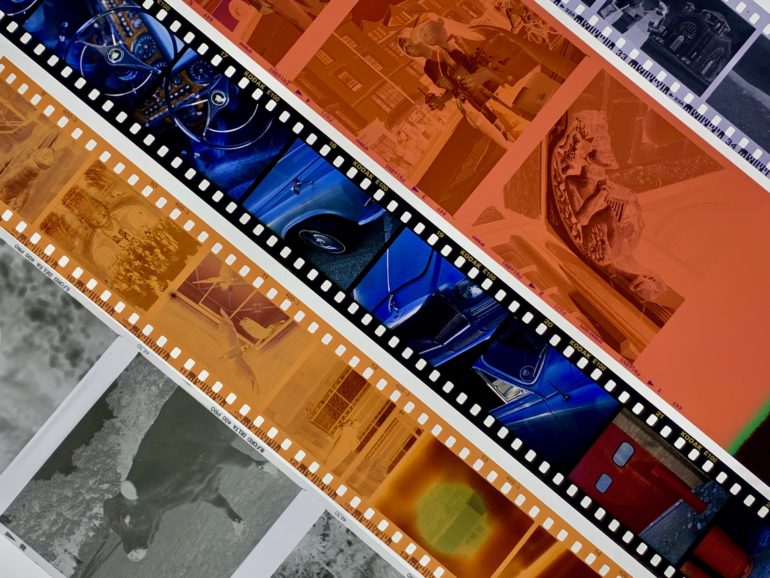We’re always super stoked when a new film-lab opens open. But if you add a dash of inclusivity, and our staff goes pretty wild. The folks over at the Analogue Wonderland are opening up their own processing lab in the UK. But what’s even better is that it’s being lead by Marina Llopis of IFWEFILM. With that said, Analogue Wonderland is one of the few female-led film labs in the world. I truly wish we didn’t live in a world where that needs to be said, but it’s pretty obvious. The traditional photography world and the way things have been done are very stale and not inclusive. And so, we’re welcoming and commending Analogue Wonderland on doing the forward-thinking thing. We talked with Marina Llopis about her passions, the challenges of opening a film lab in 2021, and the love of film.
“…making the lab a place where everyone feels comfortable, inspired and eager to learn is something that will be constantly on my mind. I have experienced in certain places a great distance between the lab and its customers that makes you feel quite intimidated, which frankly doesn’t help one bit especially when you are starting out.”
Marina Llopis
Phoblographer: How did you first get into photography?
Marina Llopis, Head of the Wonderlab: I started in analogue photography thanks to my father who gave me my first camera at the age of 13, a beautiful Nikon F-301 which I instantly fell in love with.
My eagerness to get more and more into analogue photography made me combine high school with my first photography course and I started to look for inspiration in other photographers. It was during this period that I found inspiration in Japanese photographers such as Kawauchi Rinko, Moriyama Daido, Ueda Shoji, or Honma Takashii who captivated me deeply.
After finishing high school, I knew for sure that I wanted to dedicate myself to photography and it was at that moment that my older sister, who had been living in Japan for 7 years, made me the proposal that changed my life completely: to go to Japan to study photography. It was something that I didn’t hesitate for a second and at the age of 18, I took my suitcases and went to study in Japan.
In the end, I lived in Japan for 5 years and without exaggeration, it was the most transformative period for me, both personally and as a photographer. Since then practically my professional life has been related to analogue photography. I worked for commercial studios, different labs around the world and even founded my own company, IFWEFILM, where I help people to get started with analogue photography and make their photographic projects a reality through personalized mentorships.
What do you think are your three biggest challenges now with setting up a lab in 2021? And how do you plan to address them?
The three big challenges are without doubt the three pillars on which we are putting our focus: sustainability, organization and community.
Unfortunately, there is very little information out there concerning for example the creation of truly environmentally friendly developers, printing techniques that do not use toxic components or how to degrade the toxicity of the chemical waste produced. So that is why this particular point will require time, a lot of research, and testing.
As for the organization, this point is also quite crucial as many factors that influence the whole process (from how we receive the films, what to do with them afterward, how we develop them, how they are shipped…etc) dramatically affect the result you get. That’s why monitoring everything we do and identifying which stages need to be improved will be quite challenging but very rewarding.
Finally, making the lab a place where everyone feels comfortable, inspired, and eager to learn is something that will be constantly on my mind. I have experienced in certain places a great distance between the lab and its customers that makes you feel quite intimidated, which frankly doesn’t help one bit especially when you are starting out. So that’s why we will constantly be putting our minds and hearts into making this lab really feel like a family that welcomes you with open arms.
You’ve worked in studios and labs for years. For you, what’s been your favorite part of this job? Has that “sensory magic” of the feeling and smell of film ever become something you’re just always used to?
Both in the lab and in the studio where I have enjoyed the most has been and continues to be, being a key part of people’s creative process. Bringing to life what that person has in mind, whether it’s a particular lighting or a particular colour in their images is something that brings meaning to what I do.
And yes, to be a part of that with my own hands is something that fills me with pride and honor.
What sort of changes do you feel need to come to labs overall to become better at what they do?
There are many labs that are doing a wonderful job in all parts of the process, however, I feel that we should concentrate our efforts and gather our wisdom so that together we can make our practices more sustainable as possible within the lab and help others to be sustainable as well.





